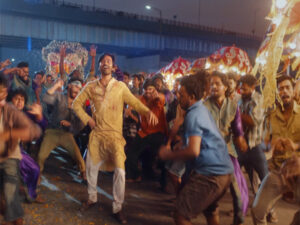Dev Anand death anniversary: Remembering an evergreen legacy created by the Indian cinema legend
New Delhi [India], December 3 (ANI): Dev Anand, the charismatic actor, producer, and director, was a true icon of Indian cinema. Famed for his suave looks, effortless charm, and impeccable acting, Anand created a legacy that continues to captivate audiences even today.
As we remember this legend, here’s a look at some of his most iconic movies that not only defined his career but also played a significant role in shaping Indian cinema.
- Guide (1965)
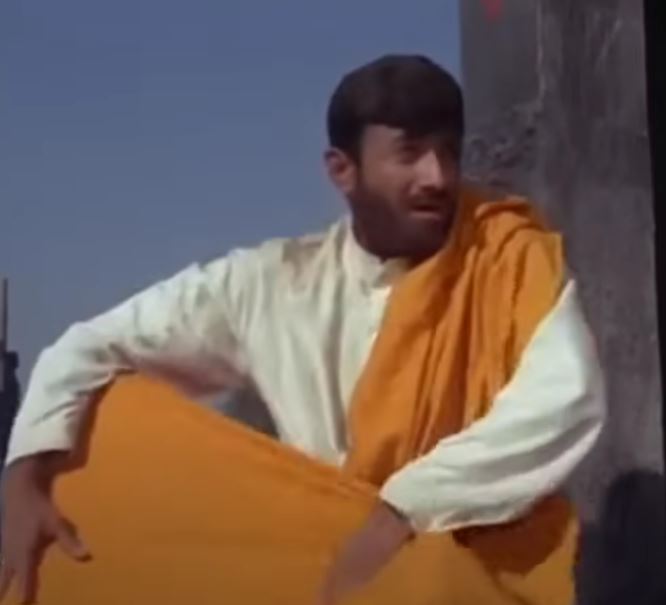
- One of the finest films of Indian cinema, ‘Guide’ was based on the novel by R.K. Narayan and directed by Vijay Anand (Dev Anand’s brother). In this film, Dev Anand played the role of Raju, a tourist guide turned spiritual leader. His nuanced performance alongside Waheeda Rehman created magic on screen. The film explored themes of love, freedom, and spiritual enlightenment, and remains one of Dev Anand’s most beloved and critically acclaimed works. The film’s music, composed by S.D. Burman, and the hauntingly beautiful song “Aaj Phir Jeene Ki Tamanna Hai” are etched in the hearts of generations.
- Baazi (1951)
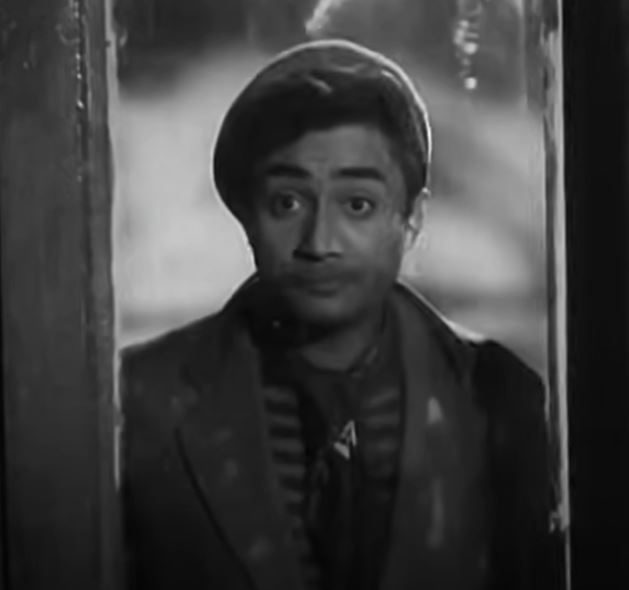
- ‘Baazi’ was the film that introduced Dev Anand as the charismatic anti-hero of Hindi cinema. Directed by Guru Dutt, this film saw Anand playing a rebellious young man who gets entangled in a world of crime and moral dilemmas. ‘Baazi’ is remembered not only for Dev Anand’s magnetic performance but also for its songs, especially “Mere Labon Pe Chhipe,” which became a romantic anthem.
- Tere Ghar Ke Samne (1963)
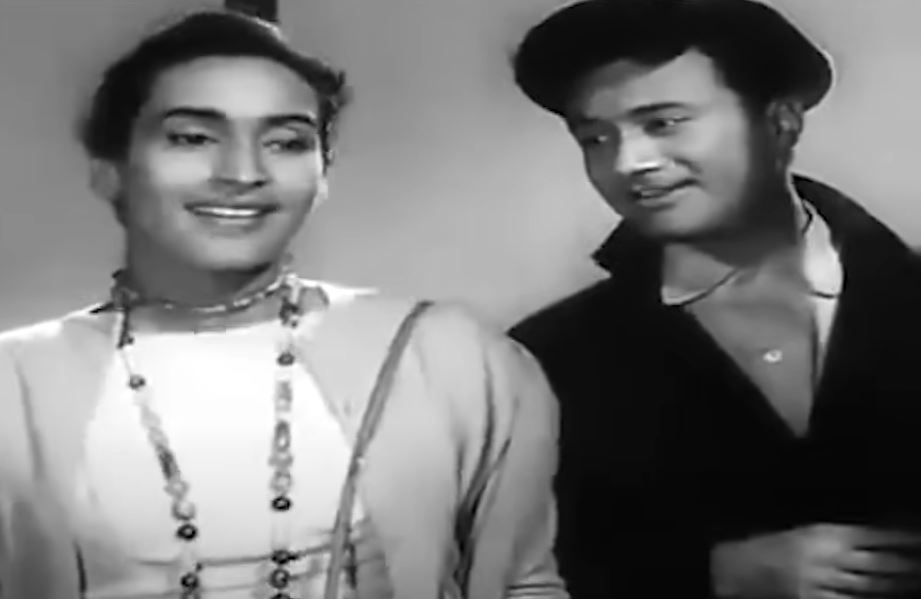
- A light-hearted romantic comedy, ‘Tere Ghar Ke Samne’ showcased Dev Anand’s impeccable comic timing. Paired with the ever-charming Nutan, Anand’s portrayal of a young man who falls in love with his neighbor, despite familial objections, was endearing. The film was a massive hit and brought to the forefront Anand’s versatility, moving beyond the intense roles he had been known for. Its catchy songs, including “Tere Ghar Ke Samne,” continue to bring smiles to audiences.
- Johny Mera Naam (1970)
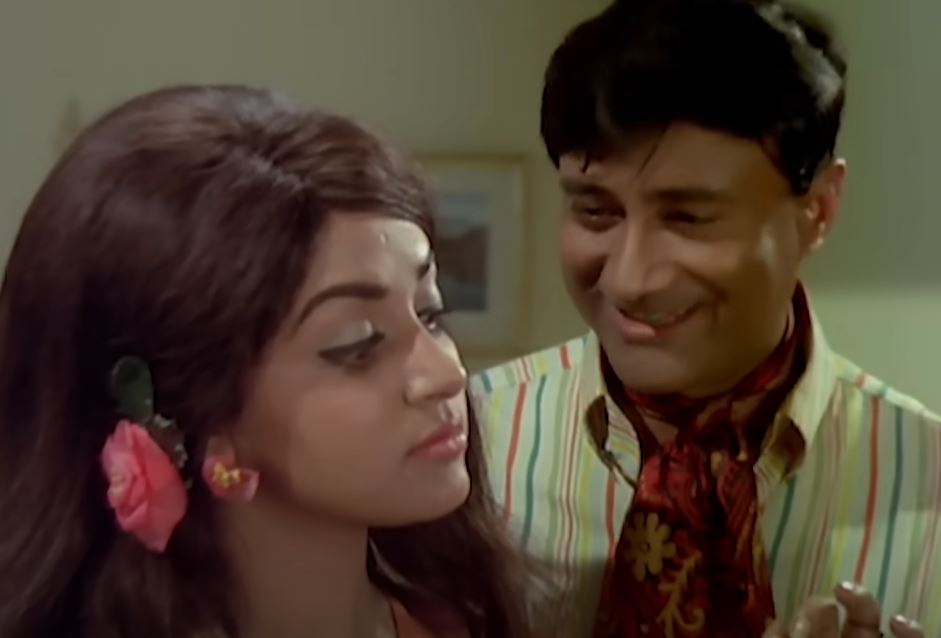
- ‘Johny Mera Naam’ was one of the pioneering films that popularized the “supercop” genre in Indian cinema. Dev Anand played a charming, gritty detective seeking revenge for the murder of his parents. The film was packed with action, suspense, and a stellar soundtrack, with songs like “Pal Bhar Ke Liye Koi Hume Pyaar Kar Le” becoming chartbusters. Dev Anand’s portrayal of a tough yet vulnerable hero made him a beloved figure among fans of thrillers and action films.
- Kala Pani (1958)
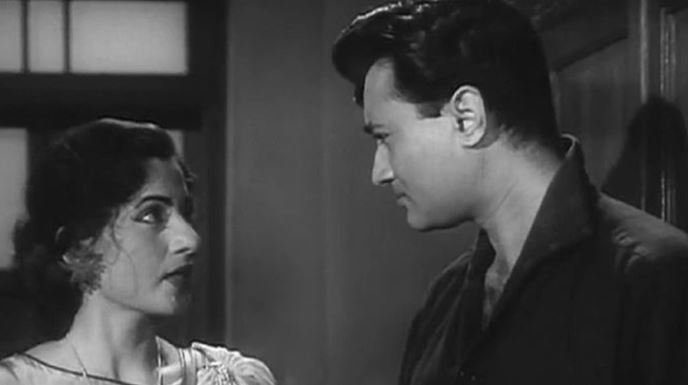
- In ‘Kala Pani’, Dev Anand took on the role of a man wrongfully convicted of murder and sentenced to life imprisonment in a remote prison. The film’s plot focused on corruption and social justice, themes that were ahead of their time. The film also stars the evergreen Madhubala in the lead role. One of the famous songs of the movie “Acha ji chalo mai haari” remains a fan favourite.
- Hare Rama Hare Krishna (1971)
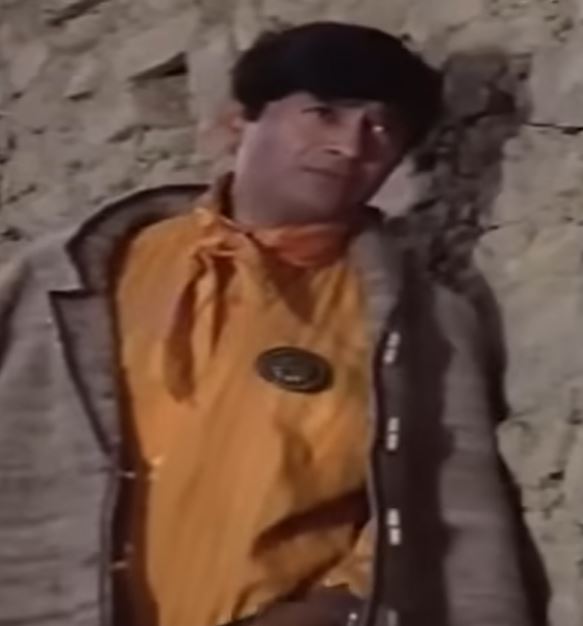
- In ‘Hare Rama Hare Krishna’, Dev Anand’s directorial debut took on the growing counterculture movement of the 1970s, exploring themes like drug abuse and the generation gap. Starring Zeenat Aman in a breakthrough role, the film’s portrayal of hippie culture, along with its iconic song “Phoolon Ka Taron Ka,” made the film a huge success. Dev Anand was more than just a film star–he was a pioneer who helped shape the landscape of Indian cinema. With his timeless appeal, strong screen presence, and versatile performances in movies like ‘Jewel Thief’, ‘CID’, ‘Taxi Driver’, and ‘Paying Guest’, among others, he not only entertained but also inspired countless filmmakers and actors. The recipient of several prestigious awards including the Padma Bhushan, Dadasaheb Phalke Award and more, Dev Anand’s career spanned over six decades, and he worked in more than 100 films. Dev Anand passed away at the age of 88 on December 3, 2011, due to a cardiac arrest in his room at The Washington Mayfair Hotel in London, where he was staying, for a medical checkup. His last film was ‘Chargesheet’ which he directed and produced.




